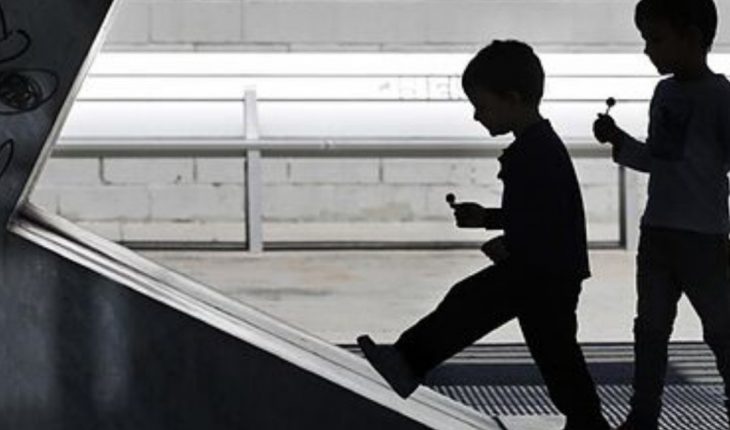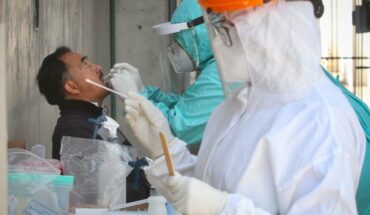The United Nations Children’s Fund (UNICEF) last Wednesday referred to the consequences of the health emergency caused by coronavirus, which is affecting children in an “irreversible” way. And he warned that we are in the presence of a possible “lost generation of children” whose education, nutrition and well-being are severely affected.
In a report published on the eve of Universal Children’s Day, UNICEF warned that the pandemic will have increasingly serious consequences for children, representing one in nine global coronavirus infections.
And while from the beginning of the pandemic, it was assumed that children are not affected by the virus in the same way as an adult, and in most cases, they often have mild symptoms or transit the disease asymptomatically. What is having a serious impact on children is the areas of education, nutrition and mental health of children and young people who had to remain isolated, without attending school, or recreational or social activities. Hence the body’s glove and clarifies: “While children can get sick and spread the disease, this is just the tip of the pandemic iceberg,” said UNICEF Executive Director Henrietta Fore. , “the deeper their consequences will be on the education, health, nutrition and well-being of children,” Fore said.
And with a warning to the world authorities he said: The future of an entire generation is in danger,” and added,” “children must always be in the first place, “listen to children and prioritize their needs.”
The report notes that as of 3 November, children and adolescents under the age of 20 accounted for one in nine COVID-19 infections in 87 countries, representing 11% of the 25.7 million contagions reported by nations with age breakdown data.
UNICEF believes that “schools are not the main transmission factor in the community” and that “children are more likely to contract the virus outside the school environment,” so “the net benefits of keeping schools open outweigh the costs of closing them.”
So far this year, it is stipulated that 527 million students were affected by the closure of schools in 30 countries, which statistically includes 33% of the world’s students.
The report details, after conducting a survey in 140 countries, that about one-third of children have had a 10% reduction in basic service coverage, while coverage of nutrition services for women and children has declined by 40% in 135 nations. This shows that between six and seven million children under the age of 5 will be acutely malnourished by 2020, an increase of 14%, while it is estimated that, over a period of 12 months, two million children could die if there are serious interruptions in services and therefore an increase in malnutrition.
With this alarming data, from UNICEF, the proposal is to call on governments to ensure that all children can learn, with the implementation of measures focused on reducing the digital divide, and ensuring access to health and nutrition services, as well as achieving affordable vaccines.
Also to support and protect children’s mental health, end abuse, gender-based violence and neglect. In addition, it called for redoubled efforts to protect and support children and families living in situations of conflict, disaster and displacement. The report concludes with a request on basic needs from which UNICEF called for expanding access to safe water, sanitation and hygiene, combating environmental degradation and climate change, preventing increased child poverty, and promoting inclusive recovery.





